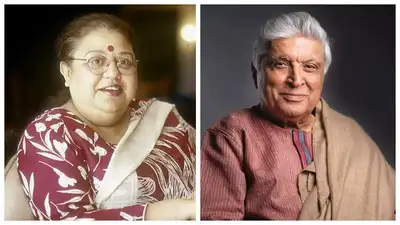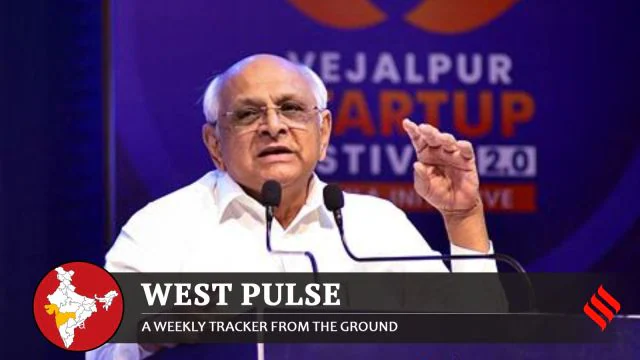It’s been 22 years since the release of Armaan, the debut directorial venture of Honey Irani—an acclaimed screenwriter and former child actress. The film, which starred legends like Amitabh Bachchan and Anil Kapoor, along with Preity Zinta and Gracy Singh, continues to hold a special place in Irani’s heart. On this anniversary, she looked back fondly at the experience of creating the film, her journey through the industry, and the choices that shaped her path.
A Movie That Was Meant to Be
Honey Irani called Armaan a film that was very close to her heart and one that she was meant to direct. Producer Dinesh Gandhi supported her in the venture. The move was her transition from screenwriter to director. Even though managing her first feature film was challenging, she had a mature and understanding team behind her.
“I was extremely fortunate to have a dream cast and such a professional team for my directorial debut,” she revealed. From the powerful acting turns of Amitabh Bachchan and Anil Kapoor to the musical prowess of Shankar-Ehsaan-Loy, the film coalesced as a seamless and well-crafted drama. The dialogues and lyrics were penned by Javed Akhtar, and Ravi Varman debuted as feature film cinematographer. Young Reema Kagti helped out behind the scenes, adding to a close-knit, functional crew.
A Personal Investment in the Story
The film’s location—a hospital—was no accident. Irani shared that she had dreamed of being a doctor when she was younger. Life took her in another direction, but that respect for the medical field remained. Directing Armaan allowed her to honor that aspiration.
“I wanted to do this movie because I hold great respect for this career,” she explained. The tale explored the issues of ambition, sacrifice, and moral dilemmas in a hospital environment, reflecting not only career tests but also personal aspirations and ideals.
Stepping Aside from Directing
Though her directorial debut was well received, Irani didn’t pursue further films as a director. She went back to screenwriting, an area where she had already established her credentials with films such as Lamhe, Aaina, and Kya Kehna.
Asked why she did not direct again, she confessed that time just went by. “I got back to writing scripts. Time flew, and my children began making films, and I was enjoying watching them doing so well.” Her children, Zoya Akhtar and Farhan Akhtar, have both become successful filmmakers, and Irani is deeply joyful and content in seeing them continue the creative lineage.
On Her Distinct Voice in Film
Although she worked with her ex-husband Javed Akhtar, she was clear to mention that their narratives are different. Although Javed Akhtar has had a very powerful voice in Indian film, Irani stated that her narrative style was different. She commended his work while being assertive about having her distinctive vision and voice as a filmmaker.
Childhood Stardom and Appreciation
Honey Irani started out in the world of entertainment as a child actress, frequently sharing screen space with her sister Daisy Irani. Her early years were full of iconic moments and eternal co-stars. She has remembered working with some of Indian cinema’s biggest legends—Dilip Kumar, Meena Kumari, Sunil Dutt, and Rajendra Kumar to name a few.
She reminisced about those years with great fondness and appreciation. “Daisy and I had a fantastic career as child actors. And I definitely feel very blessed to have worked with legends,” she stated.
Looking Back with Fulfillment
Looking back on her life and career, Irani exuded a sense of satisfaction. Her path—from being a child star to being a successful screenwriter and then a debutant director—has been one of creativity, perseverance, and transformation. Though she was only directing one film, it stands as a treasured achievement in her profession.
Today, she takes pride not only in her own success, but in the success of her children, and in the knowledge that her work—though not always in the foreground—has contributed to shaping Indian cinema over the years.
A Legacy of Passion and Storytelling
Honey Irani’s reflections on Armaan are not just about a film; they are about a life lived with purpose, passion, and integrity. Her journey stands as a reminder that every role—whether in front of the camera, behind it, or at the writing desk—has its own significance in the larger narrative of storytelling. As she continues to inspire the next generation of filmmakers and writers, her story remains one of quiet strength and enduring creativity.






